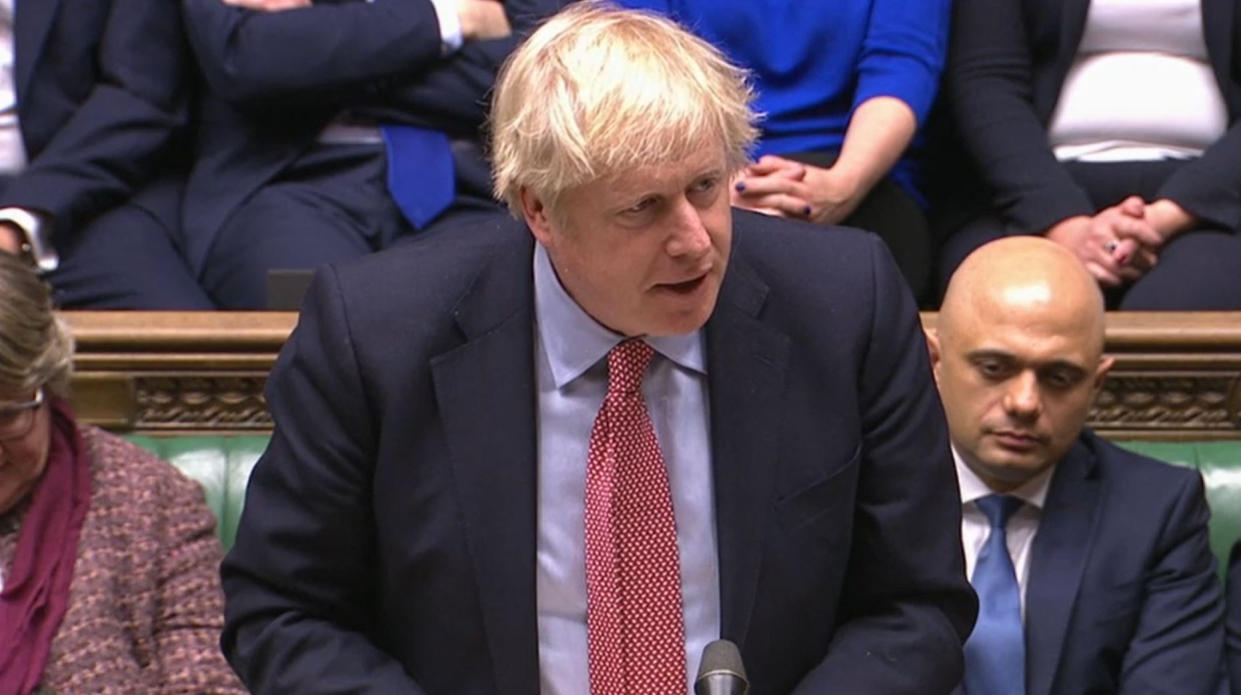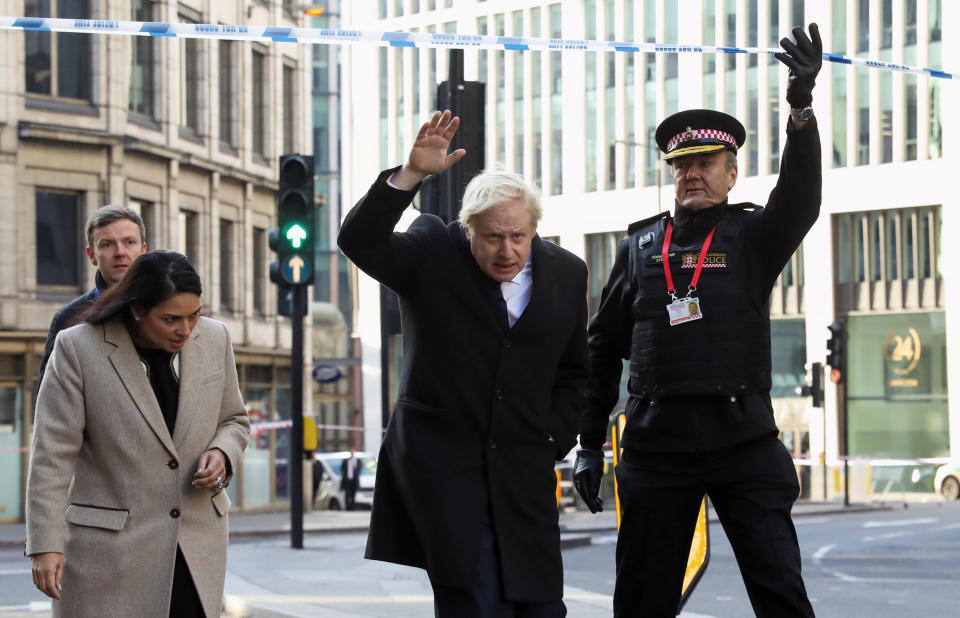Five ways Boris Johnson is going to change Britain

Armed with a big Conservative majority, Boris Johnson will now aim to crack on with implementing the Tory manifesto.
With the Queen’s Speech having taken place, Parliament is officially open for business and the Government’s lawmaking plans have been laid out.
Mr Johnson will try to bring focus onto issues other than Brexit, like the NHS.
NHS funding
The Government will enshrine in law a commitment on NHS funding, with an extra £33.9 billion per year in cash terms to be provided by 2023/24.
The Tories have proposed to abolish hospital car parking charges for “those in greatest need”, such as blue badge holders, frequent outpatients and staff working shifts at times that make it hard to use public transport.
The PM also pledged to make it easier for hospitals and patients to have access to innovative medicines and introduce a new body to investigate concerns and incidents raised by patients and families.
Speaking to NHS nurses at a Downing Street reception on Wednesday, Mr Johnson said: “The NHS is the single greatest institution in this country and it’s absolutely vital that we as political leaders, all kinds and all levels, understand what is going on in the NHS.
“But the pressures and demands are enormous and we have to help you cope with that.”
School funding
The Government has committed itself to increasing levels of funding per pupil in schools, with £14 billion to be put in to schools over three years.
Minimum funding will be set at £5,000 per pupil in secondary schools and £4,000 per primary school child after next year.
Teachers’ starting salaries will rise to £30,000 from September 2022 to make it more competitive in the graduate labour market.
In his foreword to the Tory manifesto, released during the election campaign, Mr Johnson said: “We Conservatives believe passionately that every child should have the same opportunity to express their talents and make the most of their lives – and that is why we are investing £14 billion over three years to increase funding for every primary and every secondary school pupil in the country.”

Crime
New legislation will see terrorists spend longer behind bars and make it easier for police to stop and search known knife carriers.
“Police will be empowered by a new court order to target known knife carriers, making it easier for officers to stop and search those convicted of knife crime,” the Tory manifesto said.
“Anyone charged with knife possession will appear before magistrates within days not weeks.”
The Government also intends to change the automatic release point from halfway through a sentence to two-thirds for adults convicted of serious and sexual offences.
Anyone who is convicted of murder, manslaughter or making indecent photographs of children who goes on to refuse to reveal certain details about their crimes will need to be considered when being assessed for parole.
This could include situations where a killer does not reveal where their victim’s remains are.
That proposal is a version of the proposed “Helen’s law”, which has been campaigned for by the mother of Helen McCourt, the 1988 victim of Ian Simms who never revealed what happened to her body.
Brexit
The Queen’s Speech outlined proposals for the UK’s future relationship with the EU, which is due to be agreed by the end of December 2020.
Reading from the Government-written speech, the Queen said ministers will “seek a future relationship with the European Union based on a free trade agreement that benefits the whole of the United Kingdom”.
A deal must be in place before December - and this week it emerged the Prime Minister could attempt to introduce a law that would prevent the Government from extending the transition from being in the EU to leaving it.
“We will avoid the trap of further dither and delay – by ruling out any extension to the implementation period beyond 2020,” Mr Johnson has written in the Queen’s Speech document published by Downing Street.
Housing
Greater protection for tenants including the abolition of “no-fault” evictions feature in the Queen’s Speech.
A new “lifetime deposit” to help renters moving from one tenancy to another will be introduced and the Government has pledged to improve accommodation standards.
“The Government has committed to giving access to information on the database of rogue landlords and property agents to tenants, and has consulted on widening the scope for entries on the database,” a Downing Street document states.
Local residents and key workers will be offered the chance to buy homes at a discount of at least 30%, depending on the outcome of a consultation.
The homes will have a covenant attached meaning they will continue to be discounted after the owner leaves.
The Government also plans for “at least” one million homes to be built over the course of this Parliament.

 Yahoo News
Yahoo News 
